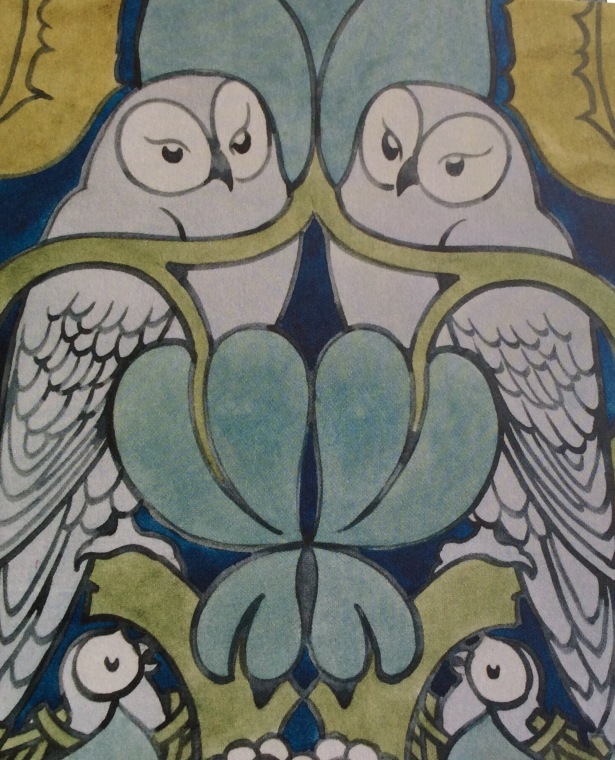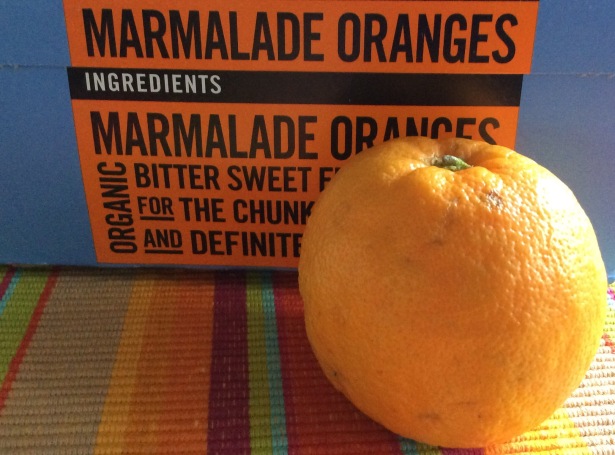Valentines Day… a saint’s day now universally enjoyed and celebrated is just around the corner… and so, I am very happy to say, is my hardback limited edition, signed and numbered poetry book, Ever Truly Yours – ‘Reflections on love.’
It comes with a free CD of readings by Tobias Menzies, so send yourself off into a dream…
Always available online via http://www.katebarnwell.com
For two weeks, sitting comfortably in the window of a specialist and independent bookshop, in the super-seaside town of Old Hastings in East Sussex, my book is uniquely featured.
An old town much inspired by writers, artists and those buzzing to create and explore their talents. The magic of the sea, its closeness and its distance means you are never trapped.
The book is a selection of original love poetry inspired by the old masters of thought and feeling, The Romantics. Something new, but something in-keeping with the works we return to year after year to recite, to recall to memory and to really recapture a mood and a time. In few words poetry captures a huge world.
Feel and give love again and lift up this book to be uplifted through the years… ‘you are in every line I have ever read’



















